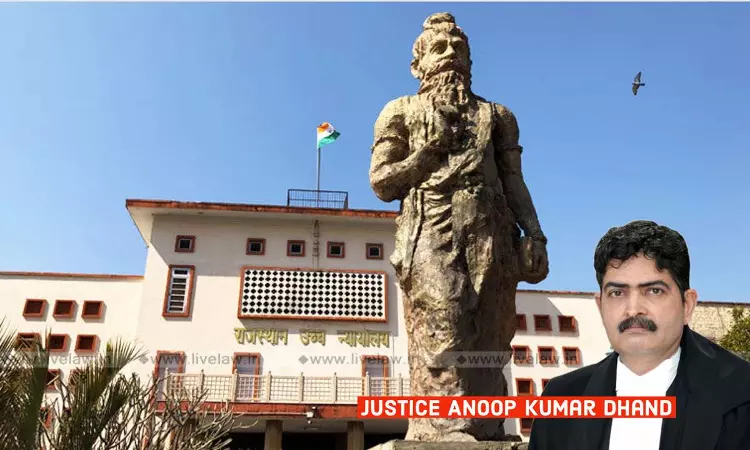The Rajasthan High Court has iterated that no party can be left remediless merely because there is no provision for appeal provided in a statute. The Court observed thus in the context of Rajasthan Land Revenue (Permanent Allotment of Evacuee Agriculture Lands) Rules, 1963, wherein it noted that regardless of the presence or absence of such lacunae in the Act, the petitioner can prefer an...

